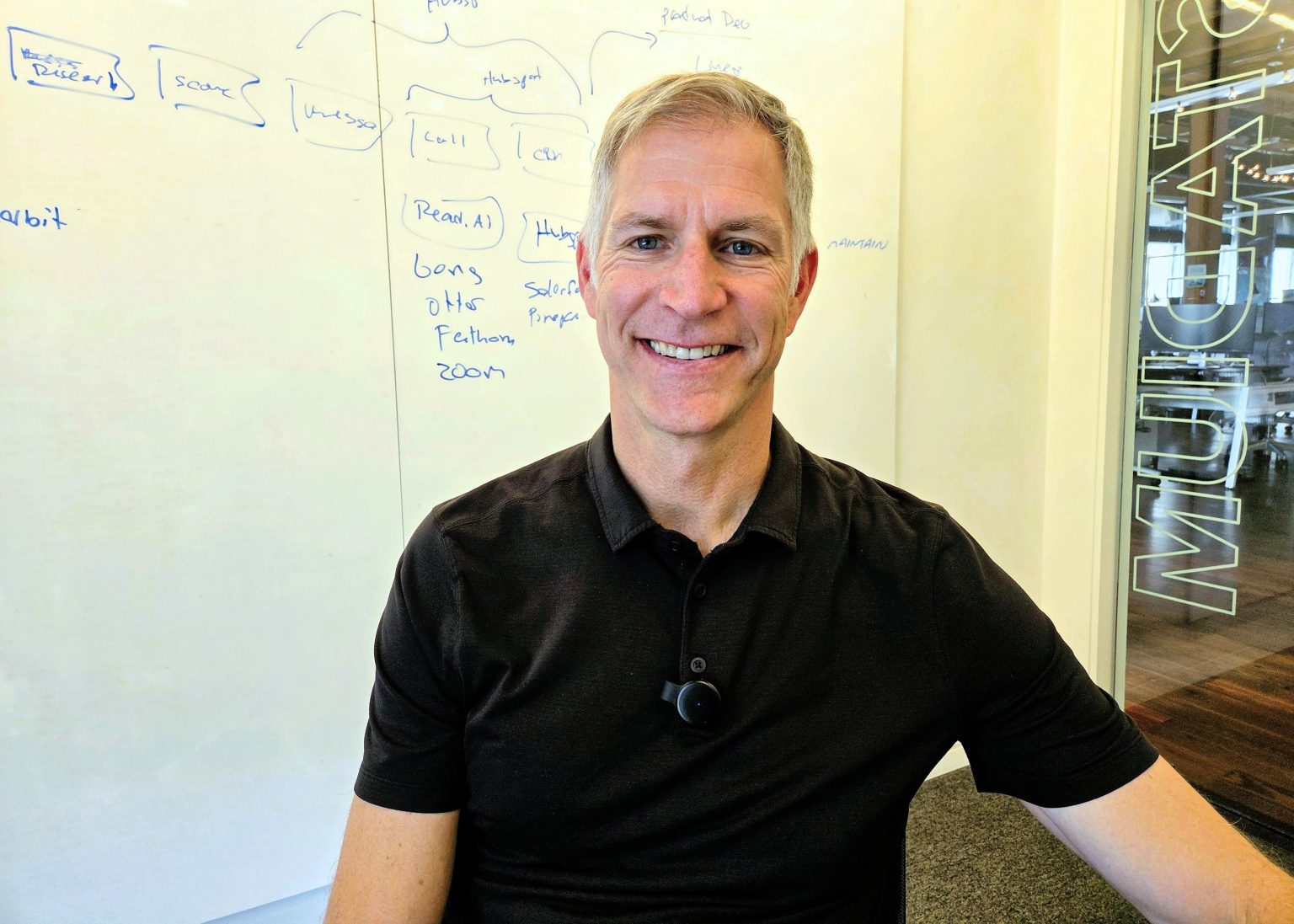The AI Revolution in Business: How Intelligent Agents Are Reshaping Entrepreneurship
In a recent episode of the GeekWire Podcast, T.A. McCann, managing director at Pioneer Square Labs (PSL) in Seattle, offered a fascinating glimpse into how artificial intelligence and intelligent agents are fundamentally transforming the business landscape. As both an investor and entrepreneur deeply embedded in the tech ecosystem, McCann highlighted a dramatic shift in how companies are being created, built, and operated in this new AI-powered era. The conversation revealed that we’re witnessing nothing short of a revolution in business operations, where small teams empowered by AI can now accomplish what once required large organizations. This transformation isn’t merely incremental—it represents a fundamental reimagining of what’s possible in entrepreneurship and company building.
Perhaps the most striking revelation from McCann was how AI is democratizing business creation by automating complex functions that previously required specialized expertise or large teams. He discussed the emergence of what he calls “the one-person billion-dollar company,” where a sole entrepreneur, armed with specialized AI agents handling everything from product development to customer service, can build ventures of unprecedented scale. This isn’t science fiction—it’s happening now. McCann himself uses a wearable AI recorder called Limitless that captures everything he says throughout the day, creating a searchable database of his conversations and ideas. This type of personal AI assistant exemplifies how these tools are becoming seamlessly integrated into daily business operations, augmenting human capabilities rather than replacing them. The implications are profound: entrepreneurship is becoming accessible to individuals who can leverage AI to compete with established companies many times their size.
As AI simplifies product development, McCann explained that the strategic advantage for startups is increasingly shifting toward distribution and data. When everyone has access to powerful development tools, the differentiator becomes how effectively a company can reach customers and gather valuable data to train even more specialized AI models. Several PSL companies exemplify this trend: Spark provides an ideation platform that accelerates the earliest stages of company creation; Enzzo uses AI to assist hardware product development; Atrieon applies AI to project management for software development; and Picco automates workflows through AI. Each of these ventures demonstrates how AI is being applied to specific business functions, creating tools that allow small teams to operate with unprecedented efficiency. The podcast also highlighted Read.AI, a meeting transcription and insights tool that PSL has invested in, and Whispers, an internal tool McCann uses to prepare for meetings, showcasing the breadth of applications being developed.
One of the most intriguing developments discussed was how AI-generated personas are beginning to replace traditional human focus groups for market research. McCann described how tools like BluePill can create hundreds of detailed AI personas representing different customer segments, allowing companies to test marketing messages, product features, and user experiences at a scale and speed impossible with human participants. This approach not only drastically reduces the cost and time required for market research but potentially provides more consistent and comprehensive feedback. Similarly, tools like Gumshoe are helping companies optimize their content specifically for AI search engines, recognizing that as more people use AI assistants to find information online, appearing in these AI-generated results becomes critical for business visibility. These developments suggest we’re moving toward a business environment where AI doesn’t just support human decision-making but increasingly participates in complex market interactions.
Looking toward the future, McCann painted a picture of agent-to-agent interactions becoming commonplace in business operations. He described scenarios where different AI systems will work and even negotiate with each other on behalf of people and companies—AI sales agents interacting with AI purchasing agents, for example, or scheduling assistants coordinating meetings without human intervention. This vision extends beyond simple automation to a world where AI agents have sufficient autonomy to handle complex tasks and negotiations while representing human interests and preferences. The implications for business efficiency are enormous, potentially eliminating countless hours of routine communications and negotiations. McCann emphasized that the companies best positioned to thrive in this environment will be those that effectively blend human creativity and strategic thinking with AI-powered execution, creating systems where humans and machines complement each other’s strengths.
Throughout the conversation, a clear theme emerged: we’re witnessing a fundamental restructuring of what it means to build and operate a business. The traditional notion that growth requires proportional scaling of human resources is being challenged by AI systems capable of handling increasingly complex tasks. Tools like Cursor for AI code editing exemplify the product-led growth model, where the technology itself drives adoption through its effectiveness. Similarly, relationship management platforms like Bloks use AI to help maintain business connections at scale. What makes this moment particularly significant is how rapidly these changes are occurring—capabilities that seemed theoretical just a few years ago are now being deployed in real business contexts. As McCann concluded, we’re only at the beginning of understanding how profoundly AI will reshape business operations. The entrepreneurs and companies that embrace these technologies while thoughtfully considering their implementation will likely define the next generation of business success stories. The future belongs to those who can harness AI not just as a tool but as a collaborator in building more agile, efficient, and innovative ventures.


